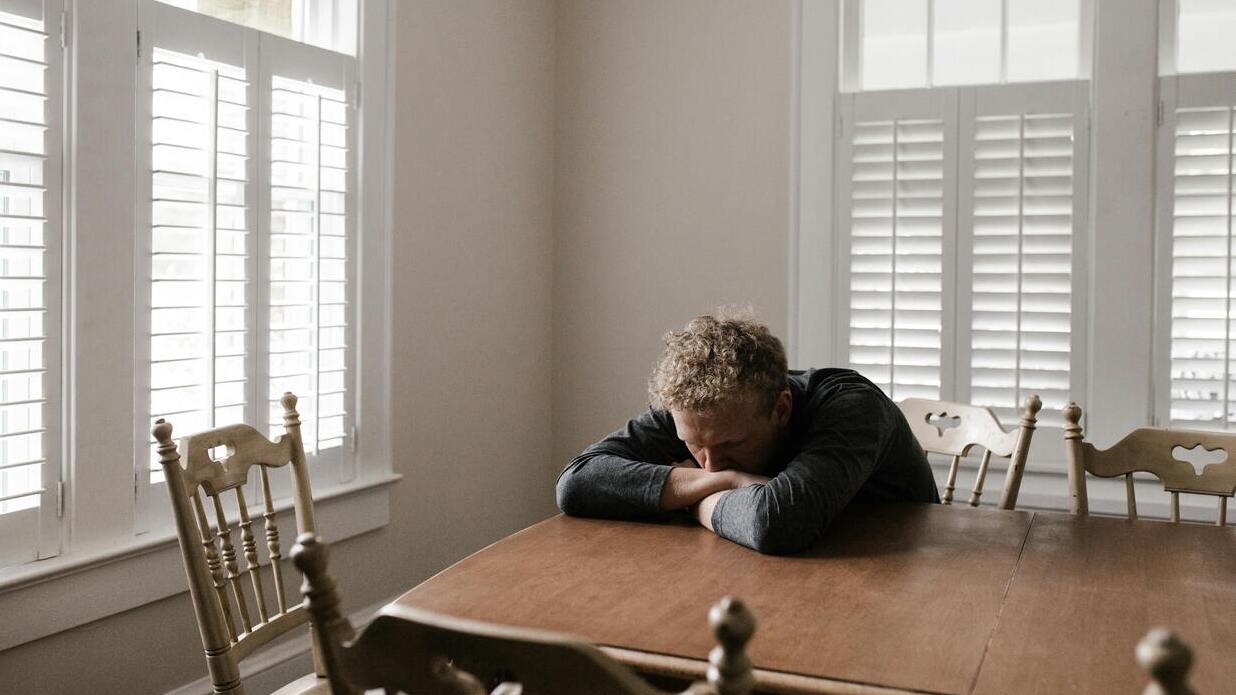Science
The Monk Who Saw the Future: Did an 11th-Century Benedictine Beat Astronomers?
17 February 2026

New research from the U.S. demonstrates that your perceived place in the social hierarchy genuinely affects your health. A low sense of self-worth intensifies stress and burdens the heart—even in individuals who otherwise maintain a healthy lifestyle. This groundbreaking meta-analysis strongly suggests that psychological standing may be more critical than your bank account, a finding that highlights a critical, often ignored factor in wellness: status stress.
To conduct the research, scientists pooled data from over 2,000 individuals. They meticulously combined the results of 25 previous analyses concerning stress hormones and heart disease into a single, powerful meta-analysis. This was not a random data collection, however. The team from the University of Alabama specifically selected experiments that deliberately manipulated participants’ sense of status.
During the tests, researchers led participants to believe they were “better” or “worse” than others—based only on factors like clothing, background, or assumed income. Just a few words, and an individual’s behavior shifted as if they had actually fallen down the social ladder.
But that short-term experiment was just the beginning. The real discovery lay in the body’s reaction, which proves that your sense of self-worth can literally affect the heart.
The results were unequivocal: the lower a participant’s perceived social status, the more intensely their cardiovascular system reacted to the news. This directly translates into the finding that your sense of place in the social hierarchy impacts your body, especially aspects related to disease risk.
“These findings suggest that the psychological experience of lower socioeconomic status can directly affect biological processes relevant to cardiovascular disease risk,” the researchers wrote in their paper, published by the American Psychological Association.
Furthermore, the scientists took their investigation a step further. If the body reacts to perceived status—who feels it most intensely?
The answer surprised even the researchers.
Interestingly, women reacted most intensely to perceived social status. Men’s bodies remained almost indifferent. However, the researchers cautiously stress that the sample size was too small to draw firm, definitive conclusions.
This phenomenon, moreover, is not confined only to laboratories in the US. Similar mechanisms are clearly visible closer to home, including places like Poland.
Cardiovascular disease remains a global challenge. In many countries, including Poland, circulatory system diseases, which lead to heart attacks and strokes, are the most common cause of death. Stress plays a significant role in this, and many people experience a lot of it. Why?
According to social reports, people with university degrees typically live about 8 years longer than peers with only a basic education. This underscores why systematic, structural solutions are urgently needed.
Mental health does not improve merely with slogans. Real changes that people can feel are necessary—stable income, employment, housing, and a sense of security. Only then can social initiatives gain meaning and produce lasting results.
Greater financial support, easier access to employment, and investment in education or healthcare represent real, tangible help, not just theory. Even simple solutions, such as housing subsidies, can significantly reduce stress and improve daily functioning.
In many societies, we still value success measured by money and titles. We must recognize the pervasive effect of status stress. Ultimately, the true value of a person does not derive from their bank account, but from their sense of self-worth—that is what dictates how long and how well we live.
Yes, studies show that lower social status increases stress, which in turn raises the risk of cardiovascular diseases.
Yes, according to research, women reacted more strongly than men to information about their social status.
Because it is associated with higher stress, poorer healthcare, and less access to education – all of which affect physical and mental health.
By improving material conditions, investing in education, promoting equality in the workplace, providing psychological support, and changing the social narrative to be less materialistic.
Read this article in Polish: Nie pieniądze, lecz samoocena. Nowe badania pokazują, kto żyje krócej
Science
17 February 2026



Zmień tryb na ciemny